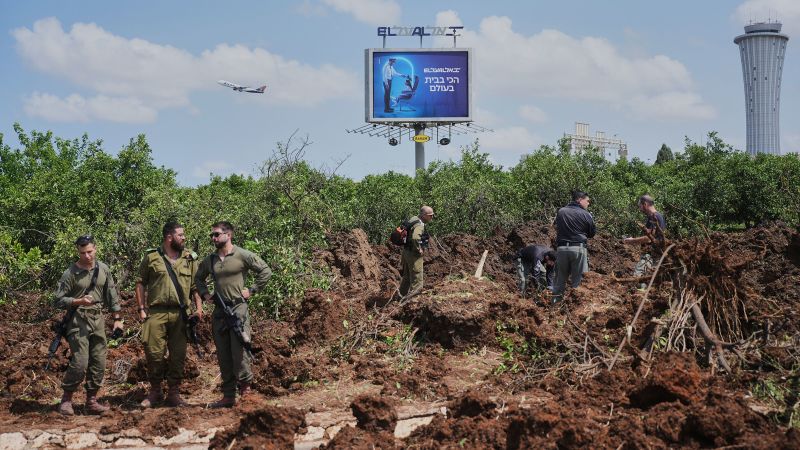Here’s a summary of the article:
On Sunday, Israel temporarily closed major international airports after failing to intercept missiles launched by Houthi rebels from Yemen. The attack, which was a response to perceived Israeli actions in Gaza, marked a significant threat to Israel’s security, as it was the first successful strike targeting an Israeli airport. Israeli Defense Forces (IDF) attempted to use long-range arrow interceptors and THAAD systems provided by the U.S., but the missiles penetrated defenses, raising concerns about Israel’s air defense capabilities.
Israeli Prime Minister Benjamin Netanyahu and Defense Minister Katz vowed to retaliate against the Houthis, suggesting an escalated military response. Following the incident, airport operations were disrupted, and authorities urged the public to avoid the area.
Military analysts noted that the Houthis’ missiles exhibited remarkable accuracy and range, which could indicate advanced technology. Despite previous successes in intercepting missile threats, this incident highlighted vulnerabilities that require further analysis.
The Houthi group claimed responsibility, describing their missiles as advanced with stealth technology, while Hamas lauded the attack in solidarity with Palestinians. This incident is part of a pattern of escalating missile threats against Israel amid ongoing conflicts in the region.
Furthermore, U.S. military efforts in Yemen have ramped up, targeting Houthi capabilities to prevent future attacks, particularly against U.S. and commercial interests in the Middle East. However, past attempts to diminish Houthi missile capabilities have largely failed.
Source link


